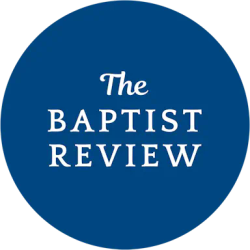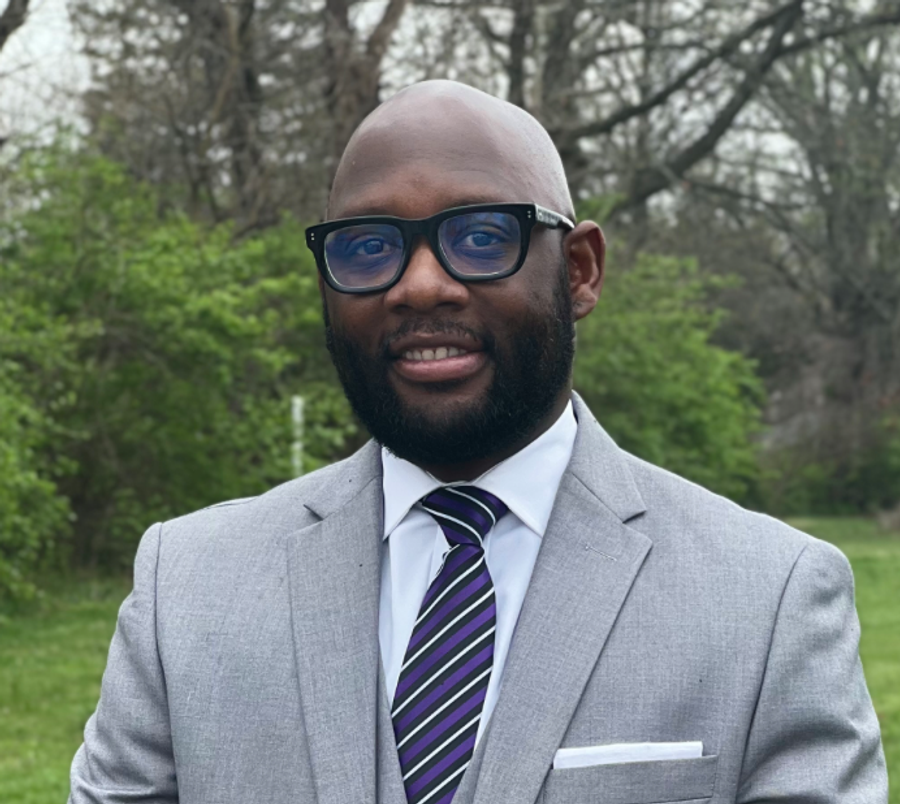The old preachers who influenced me gave a word of caution that sounded like this: “You’re feeding sheep, not giraffes” or “Put the hay down there where the flock can get it.” It was their way of saying that pastors should preach in a way that can be understood by the people entrusted to your charge. But I didn’t understand this until I became a pastor. Fresh out Bible college and seminary, I wanted to give God’s people everything I learned, from the parsing of a Greek verb to the fine nuances of supralapsarianism. It’s safe to say, the sheep could not eat it because they could not reach it.
I now understand what these more experienced pastors warned about. There are two ways to leave sheep theologically malnourished. First, you can teach theology in such a way that sheep cannot grasp it. Secondly, you can withhold theology from them altogether. Both ways will starve them. The pastor should have a burning desire that the people of God know theology and love it. For what is theology except the study of God?
The Apostle Paul reminds us that Scripture comes from God and that it is profitable for teaching (2 Tim. 3:16). The King James Version translates the word “teaching” as “doctrine.” Thus, to be an undershepherd of the Great Shepherd (Heb. 13:20), the man of God must be deeply acquainted with theology. “The pastor,” writes Dr. Robert Smith Jr. in Doctrines that Dance, “is a resident theologian who goes into the study and wrestles with the profound mysteries of doctrine and theology, comprehends those truths, and makes the complex information comprehensible when mounting the pulpit on Sunday morning.”
I’m thankful for the more seasoned pastors who admonished me in my youth. At the same time, I contend that a shepherd of Christ’s sheep must bring His sheep up by taking them deep doctrinally. I want to give three practical ways pastors can shepherd the church theologically for the purpose of maturing God’s people.
1. Acquaint yourself with theology
The same Paul who said, “Scripture is profitable for doctrine” also said, “Study to show yourself approved” (2 Tim 2:15). Paul was obviously speaking to Timothy about being diligent in studying God’s Word. At the same time the Word of God is theology. Centuries ago, Charles Octavius Boothe (1845-1924) spoke of the purpose for which the Bible was given. At the top of his list was that “It teaches us of God.” He went on to say in Plain Theology for Plain People, “Take away the Bible and we do not know, and cannot know all those things that are so important for us to learn concerning our Maker and Savior and Judge.”
To study the Bible is to study God. So, the pastor must be knowledgeable about God’s Book. Also, he should make the acquaintance of others who have dedicated themselves to theological studies. Simply put, we are to spend time with sound theologians. Whether they are biblical, systematic, or historical theologians, whether they are up-and-coming or dead-and-gone, our libraries should contain a healthy section of theological works.
Likewise, our notebooks and journals should contain copious notes regarding the contents of our study. A blessing comes to the church through a pastor who is willing to acquaint himself with the great doctrines of Scripture. I believe that one main blessing is the maturation of the saints due to a healthy diet of sound teaching (Eph 4:11-13).
2. Avoid Insulting the Intelligence of the Sheep
It is a well-known fact that sheep are not the smartest animals. Nevertheless, sheep can eat. If you lead them to green pastures of biblical doctrine, they will eventually satisfy their hunger by consuming deeper truths. Perhaps we are hesitant to take the sheep to these fields because we don’t think they know how to eat. Let me repeat: sheep can eat.
Our congregations contain people who have become knowledgeable for the purpose of their careers. We shepherd nurses, teachers, lawyers, those who have taken time to learn how to fix cars, farmers, tech-savvy individuals, and entrepreneurs who have learned business by applying themselves. We shepherd homeschool moms who learn difficult lessons to teach their children. It takes hard work to learn what needs to be known in order to be successful in these fields.
It’s hard work to earn a degree in medicine or study to pass a test to become a fireman. The people of God can feast their minds on a great number of things. They are able to digest deep truths, especially when it benefits them. Shepherding the people of God requires that we believe they are able to live by every word proceeding from the mouth of God (Matt 4:4). Sheep may not be the smartest, but they know how to eat.
3. Allow for Interaction in Bible Study
One of the best ways to expedite theological literacy is by allowing sheep to engage. Many churches already have spaces and times dedicated to learning in community (i.e. Sunday School, small groups, and mid-week Bible study). If we whittle these great opportunities (usually one hour) down to a fifty-five minute lecture with five minutes left for questions at the end, it will be difficult to make progress.
Regardless of how clear our teaching is, for many of our congregants it will be their first time hearing theological terminology and doctrinal concepts. To say it another way, Bible study must be protected from being another monologue. Rather, we should lean towards having a dialogue around theology with the sheep. Yes, preach it from the pulpit–but discuss it from the floor.
I know how dangerous it can be placing a mic into the hands of parishioners. I can also imagine the fear and trepidation of not finishing the contents of our handouts or study guides. Neither should deter us. For one, dialogue opens up another avenue for us to shepherd their souls. Questions on theology generally lead to the application of that doctrine to the Christian life. Thus, we get to shape the worldview of God’s people when we give answers to their questions.
Secondly, as pastors we are jogging, not sprinting, through ministry. That’s good, because the race to having doctrinally sound churches is a long-distance marathon. The Word tells pastor-teachers to do their work of equipping the saints “until we all attain to the unity of the faith, and the knowledge of the Son of God” (Eph 4:13). So, if we don’t finish our lessons in one session because of communal engagement, we can always come back next week. More times than not, the congregation is thankful for the interaction.
Pastors should shepherd theologically: that is, bring the sheep up by going deep in doctrine. Doctrine is the fence that keeps the sheep’s faith within the bounds of orthodoxy. As we deepen our own understanding of theology, firming up doctrinal convictions, we will reap the benefits of having a heathy flock who interact by grazing in pastures of good Bible doctrine.
Editor's Note: As a part of its commitment to fostering conversation within the Southern Baptist Convention, the Baptist Review may publish editorials that espouse viewpoints that are not necessarily shared by the TBR team or other contributors. We welcome submissions for responses and rebuttals to any editorials as we seek to host meaningful conversations about the present and future of our convention.


